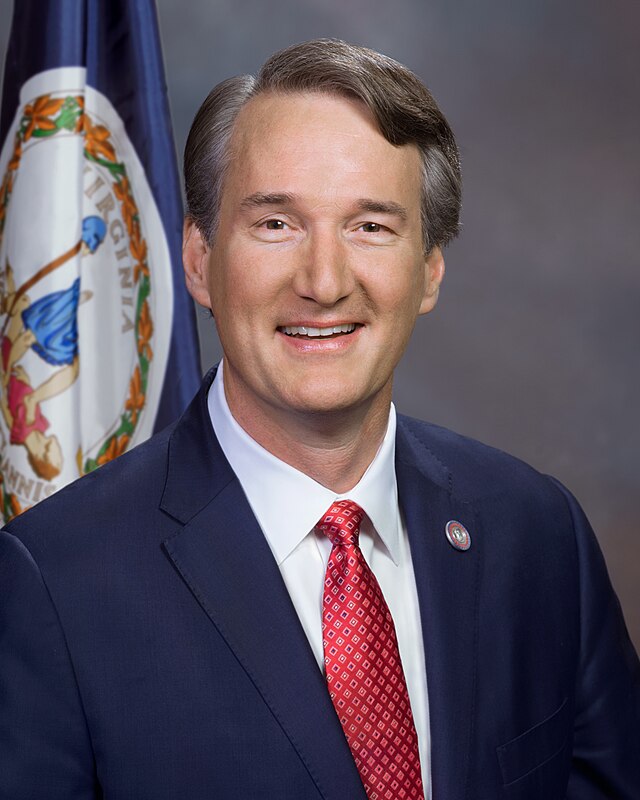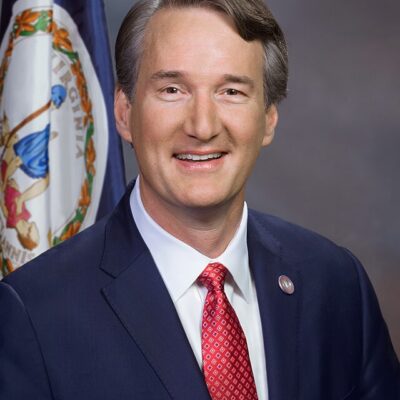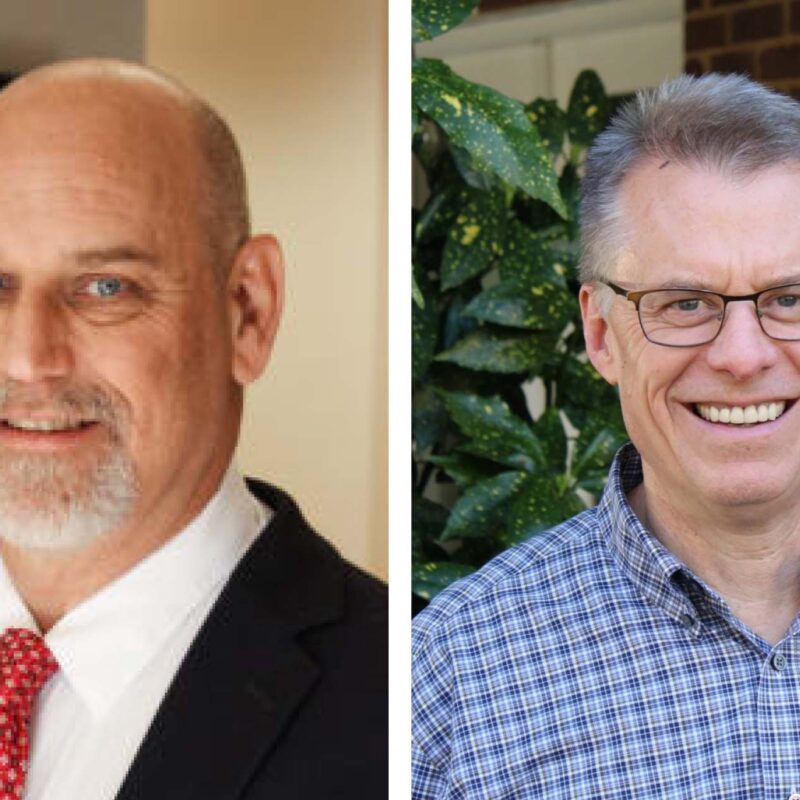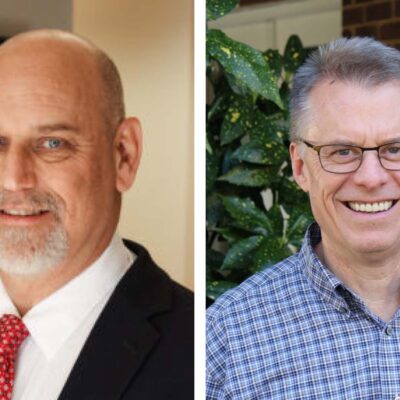In light of several behavior issues last year, the Charlottesville school system has been searching high and low for disciplinary solutions. A fixation on “restorative practices” further manifested itself July 31, when high school Principal Joseph Roy spoke to an audience of more than 100 teachers, administrators and citizens about how restorative practices work in his Pennsylvania school, Springfield Township High.
Restorative practices (also called restorative justice) refer to a comprehensive conflict resolution and prevention philosophy. Rather than focusing solely on punishing the perpetrator of an offense, restorative justice demands a broader resolution that involves the primary victim, secondary victims and, at times, the community
at large.
“The thing I find most compelling is…that it’s not permissiveness,” says School Board member Louis Bograd. “It’s about holding people accountable for their actions in a way that is constructive—restoring a sense of community and order in the schools.” In his presentation, Roy noted that if one of his students breaks a law, the police are notified immediately. Then, after the student returns to school, they go through the restorative process.
Time and teacher buy-in—not cost—seem the biggest impediments to implementing a system that requires conferences and group “check-ins” to augment traditional disciplinary measures like suspensions.
Spending more time on community culture rather than standardized testing materials is a hard sell for teachers already crunched for minutes in the day.
Different demographics might present further issues. “I think the biggest challenge is the great diversity in our school system,” says Bograd. While Roy’s school is one-quarter minority students, and has a relatively low poverty rate, Charlottesville’s minority schoolkids comprise 58 percent of the total student body. In addition, local students are generally less affluent than those in Springfield Township: 51 percent of Charlottesville students received free or reduced-price lunches last year.
With the new school year only weeks away, there probably won’t be a move toward restorative justice this year. The School Board has, however, included language about restorative practices in their strategic plan.





